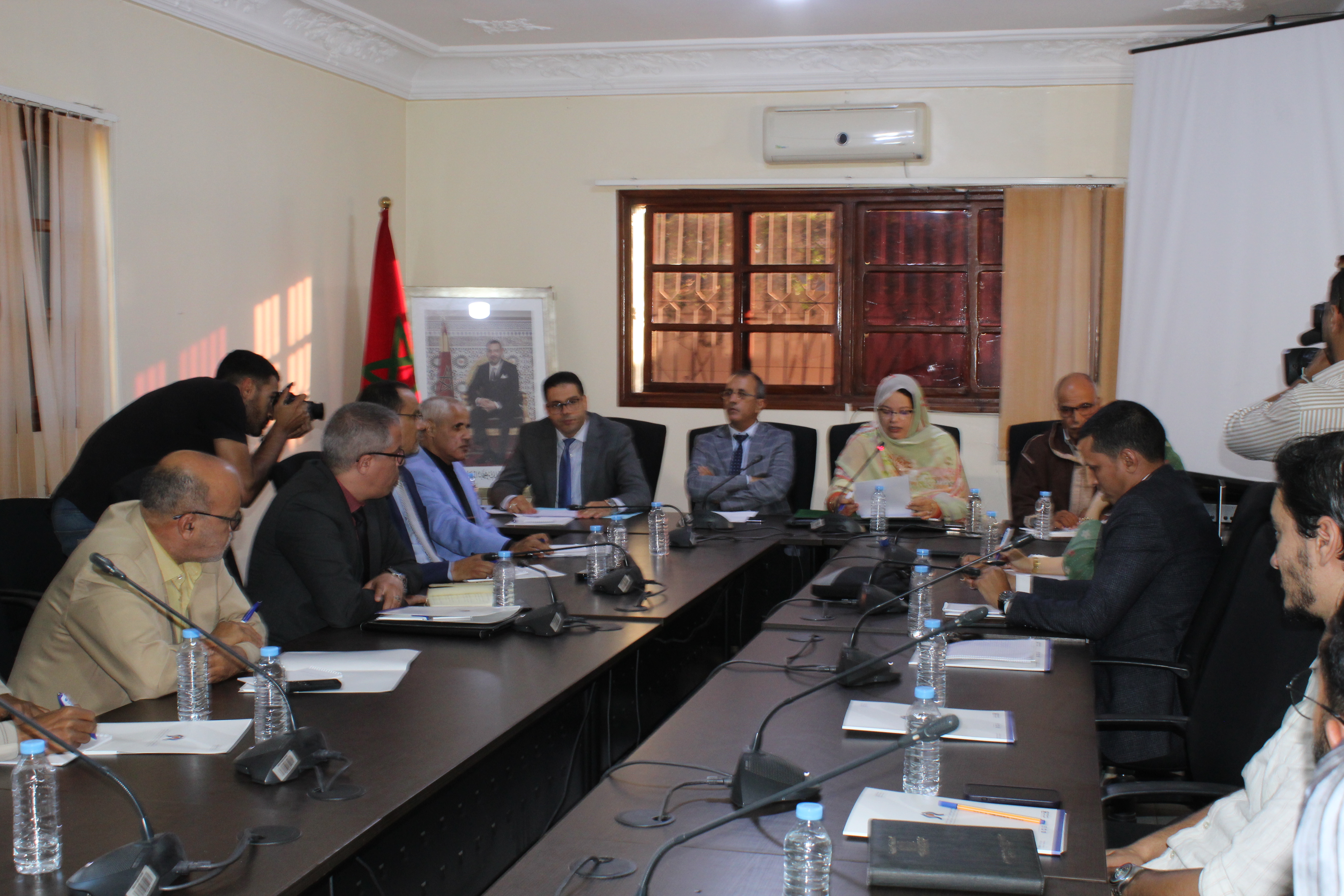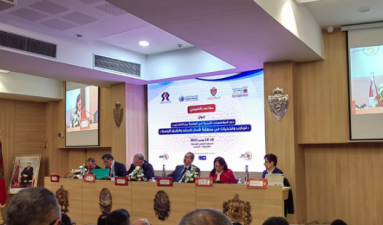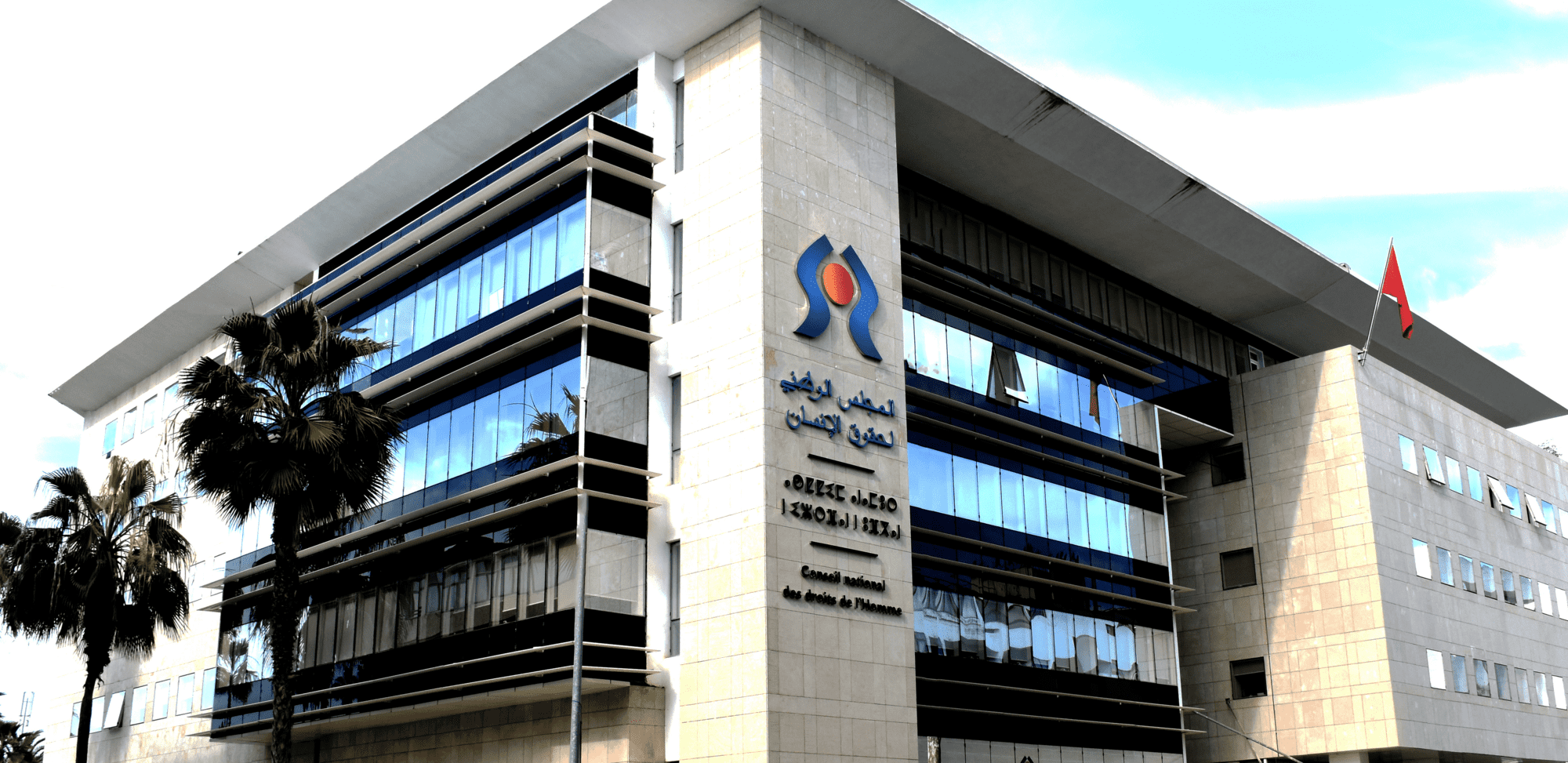
The Regional Human Rights Commission (CRDH) of Dakhla-Oued Eddahab Region, in partnership with the Regional Council, organized a seminar on "The Role of Governance in Human Rights" on Thursday, October 31, 2024. This event was part of the implementation of the CRDH annual action program, focusing on promoting human rights culture and monitoring the effectiveness of human rights in regional policies and programs.
In her opening statement, Mrs. Maimouna Essayed, CRDH President, emphasized that governance has become one of the most important principles and foundations of modern public administration management. It serves as a new and effective approach based on the principles of participation, transparency, and rational management. She added that this new approach enables the implementation of state policies and programs in a manner that ensures effective access to public administration services.
CRDH President highlighted the connection between governance and human rights, noting that both intersect through indicators reflecting the fulfillment of fundamental rights. These indicators are also used to measure the Sustainable Development Goals (SDGs), to which Morocco has committed through its 2015-2030 strategies
The seminar included statements from representatives of the Regional Council, Ombudsman Institution, Regional Directorate for Employment, Regional Academy for Education and Training, and Regional Directorate for the Environment. It concluded with several key recommendations, including:
-Calling constitutional governance institutions to intensify awareness-raising activities about their roles and mandates.
-Advocating for promoting human rights culture, education on human rights, and enhancing efforts to raise legal and rights awareness, while addressing the challenges posed by the expansion of digitalization and its growing scope.
-Encouraging public sectors to strengthen their efforts to raise awareness of their services and ways to access them.
-Calling public administrations to improve communication.
-Urging institutional stakeholders to intensify programs to enhance the capacity of civil society actors, in line with the right to a participatory approach in managing local public affairs.


